
Thomas R. Kosten, MD, shares thoughts on the latest schizophrenia genetic model research presented at the meeting.

Dr Kosten is the Jay H. Waggoner Endowed Chair and cofounder at the Institute for Clinical and Translational Research at Baylor College of Medicine in Houston, Texas. He is also a professor of psychiatry, neuroscience, pharmacology, and immunology at Baylor College of Medicine.

Thomas R. Kosten, MD, shares thoughts on the latest schizophrenia genetic model research presented at the meeting.

Thomas R. Kosten, MD, shares insights on the ACNP meeting along with his excitement for potential new treatments.

What influence do legislation and social-based decisions have on individual mental health, like in the case of drag performers?
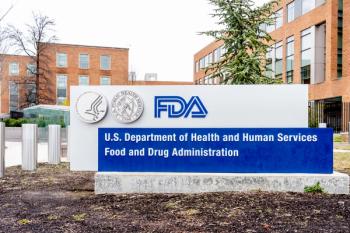
The FDA has released a draft guide to offer their perspective and thoughts on the development of treatments for stimulant use disorder.

Fentanyl is now available in ways it was not before, which may lead to fatal outcomes.

Did the opioid crisis go away during COVID-19? Or has it gotten worse?

Manufactured fentanyl is a major cause of overdoses for opioids and nonopiods. Can a vaccine immunize against overdose?

The rapidly changing field of cannabinoids and their clinical implications poses a particular challenge in psychiatry.

How much progress has been made in the area of substance use disorders in the last 40 years?
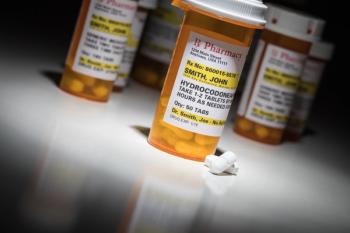
Judgements and settlements are starting in Oklahoma against various pharmaceutical companies for their alleged roles in that state’s opioid crisis. Who would be the beneficiaries of these funds?

This overview addresses two medications for analgesia of chronic benign pain, both of which have substance abuse risks themselves.
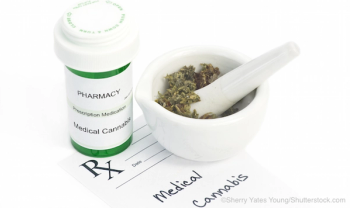
The cannabinoids (particularly CBD) have been hailed as non-addictive solutions to using escalating doses of opioids for chronic pain. More in this research update.
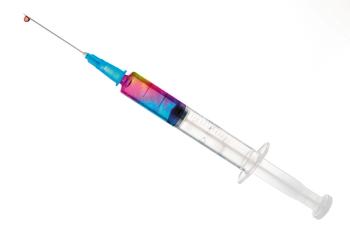
An exploration of findings from contemporary research that hint at the unexplored hallucinogenic potential of ketamine and considerations for future investigation.
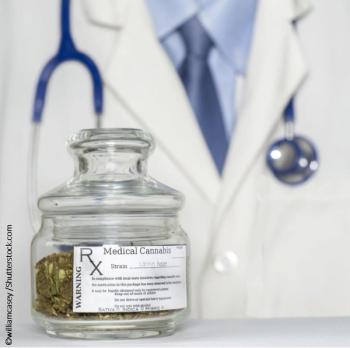
A drug once seen as a widespread danger to society is now experiencing renewed interest as a treatment for medical conditions, including a number of mental health conditions. This brief review explores 5 key issues clinicians can consider when encountering the therapeutic cannabis user.

In this age of chat rooms and social media, an ever-growing number of psychiatric patients use the internet to find their treatment community online.

What's the optimal strategy toward recovery from opioid use disorder? Which treatment for nicotine addiction has the most favorable adverse-effect profile?
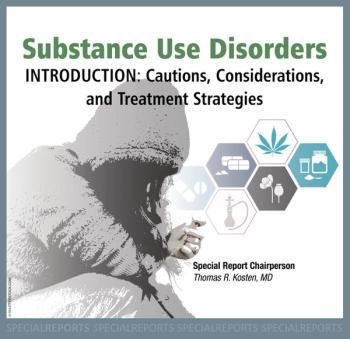
A clinical collection on addiction treatment, ADHD and SUDs, important drug indications, vaping, cannabis use, benzodiazepines, the perils of self-medicating and other topics relevant to practicing psychiatrists.

Significant progress has been made in containing the opioid epidemic, but new threats loom. Thomas Kosten, MD, an addiction psychiatrist, takes a brief look.
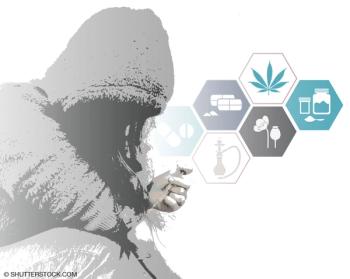
The Chair of a Special Report on substance abuse disorders describes the highlights of 6 articles in the series.

There are no FDA-approved pharmacotherapies for cocaine use disorder. Here: a review of the off-label use of promising medications for this addiction.

A psychiatrist explains the pharmacogenetic factors that suggest a positive-or negative-response to naltrexone. He also offers some practical guidance about using this agent in clinical practice.

Antidrug vaccines represent an exciting area of development in the pharmacological treatment of chemical dependency. In addition to the clinical trials being conducted on vaccines for cocaine and nicotine dependence, preclinical development of vaccines for methamphetamine and heroin is ongoing.

Published: August 10th 2021 | Updated:

Published: March 25th 2021 | Updated:

Published: December 10th 2024 | Updated:

Published: January 13th 2015 | Updated:

Published: May 31st 2016 | Updated:

Published: June 30th 2017 | Updated: